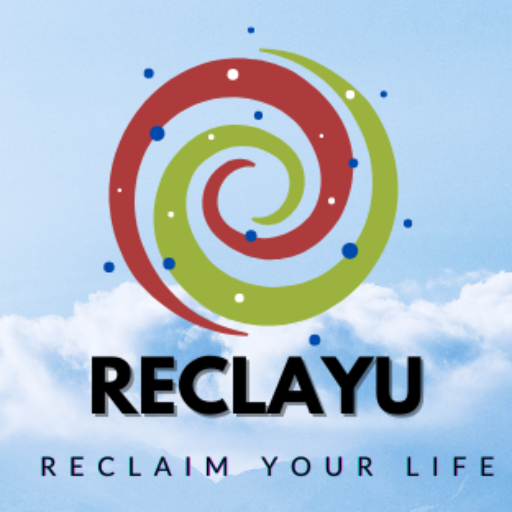Achieving Product-Market Fit: The Success Story of CaratLane and Its Acquisition by Tanishq
In the competitive world of startups, achieving product-market fit is crucial for success. CaratLane, an online jewelry retailer, provides a remarkable case study in this regard. This blog article explores CaratLane's journey from a visionary startup to a highly successful company, ultimately being acquired by Tanishq. By analyzing CaratLane's strategies and the lessons learned from its success, startups in the field of product-market fit can gain valuable insights to guide their own journeys.
Introduction: CaratLane's Vision for Jewelry Retail
CaratLane, founded in 2008 by Mithun Sacheti and Srinivasa Gopalan, set out to revolutionize the way people buy jewelry. Recognizing the potential of online retail, CaratLane aimed to make jewelry accessible to a wider audience, without compromising on quality or craftsmanship. This article explores how CaratLane's innovative approach allowed them to achieve significant success and how their journey can inspire startups in the field of product-market fit.
Disrupting the Jewelry Retail Industry
CaratLane disrupted the traditional brick-and-mortar model by embracing e-commerce and leveraging technology. Through their online platform, CaratLane offered a wide range of jewelry products at competitive prices, providing customers with a seamless and convenient shopping experience. This section delves into CaratLane's disruptive strategies and how they resonated with customers seeking convenience and quality in their jewelry purchases.
Customer-Centricity as a Key Differentiator
CaratLane's customer-centric approach played a pivotal role in their success. By understanding customer preferences and tailoring their offerings accordingly, CaratLane created an immersive and personalized shopping experience. This section explores CaratLane's customer-centric strategies, such as virtual try-ons and personalized recommendations, and highlights how startups can prioritize customer satisfaction to achieve product-market fit.
Expansion and Omni-Channel Presence
CaratLane's growth was not limited to the online space. They expanded their presence across India through offline stores called "Solitaire Lounges." This omni-channel approach combined the advantages of online retail with the touch-and-feel experience of physical stores. Startups looking to achieve product-market fit can learn from CaratLane's expansion strategies and the importance of creating multiple touchpoints for customers.
The Acquisition: Tanishq and CaratLane Join Forces
In 2016, Tanishq, a prominent player in the jewelry industry, acquired a majority stake in CaratLane. This strategic partnership brought together two industry leaders with complementary strengths. Tanishq's extensive retail network and CaratLane's digital prowess created a formidable force in the Indian jewelry market. This section highlights the benefits of strategic partnerships for startups seeking product-market fit.
Lessons Learned and Future Outlook
CaratLane's success story offers valuable lessons for startups in pursuit of product-market fit. By embracing innovation, understanding customer needs, and adapting to market dynamics, CaratLane achieved remarkable growth. This section summarizes key takeaways for startups in the field of product-market fit and discusses how CaratLane's continued success under Titan Company Limited's leadership reflects its commitment to excellence.
Conclusion: Inspiring Startups on the Path to Product-Market Fit
CaratLane's journey from a disruptive startup to a key player in the jewelry industry serves as an inspiration for startups aiming to achieve product-market fit. By studying CaratLane's strategies and learning from their success, startups can gain insights into how to navigate the challenges of finding the right market for their products. As they embark on their own journeys, startups can draw inspiration from CaratLane's story and strive for excellence in achieving product-market fit.


